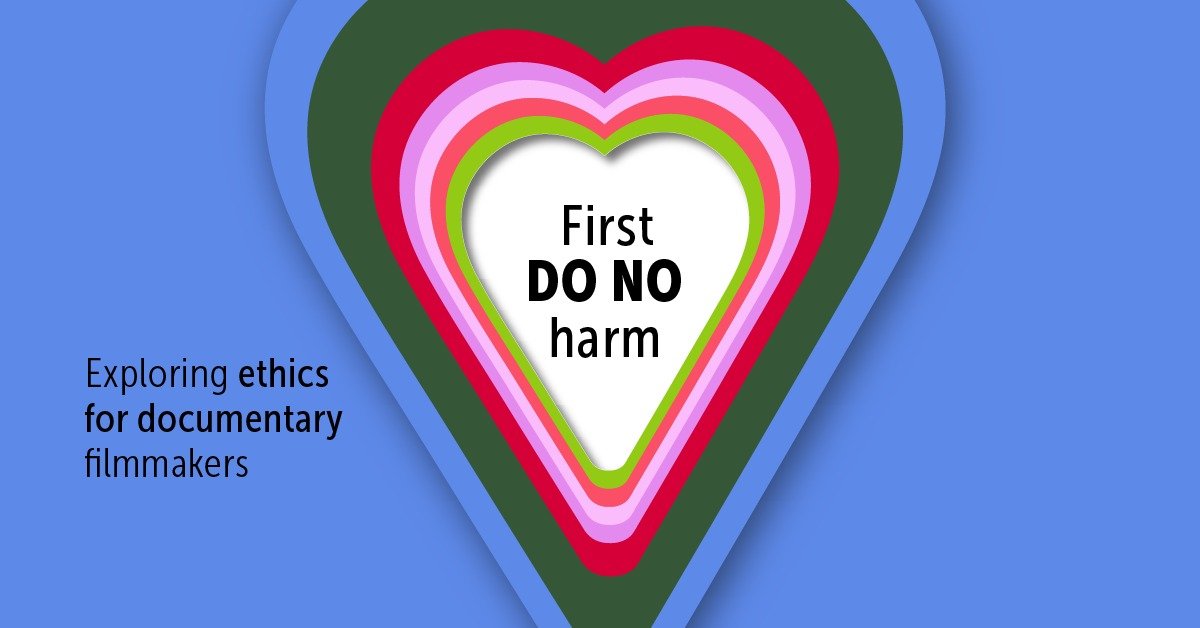Futurism - writing beyond worlds
"There's no such thing as the unknown—only things temporarily hidden, temporarily not understood.” - Captain Kirk, Star Trek
In the realm of storytelling, few genres captivate the imagination quite like science fiction. The limitless possibilities, futuristic worlds, and mind-bending technologies provide a canvas for creators to paint the most spectacular of narratives. In this article, we'll embark on a journey through the cosmos of sci-fi screenwriting, delving into the art of world-building and discovering the boundless sources of inspiration that fuel this genre.
Written and interviewed by Kate Stocker-Wright
Speaking to some of our clients (Mike Kearby // The Problem With Time Travel, Heather McQ // A Positive Contribution, Francis Tamburin // Iris, and Ian Sweeney // Time Tourists) Sci-fi scriptwriters are societies’ modern revolutionaries preparing and advising their audience. But how do we do that and still be entertaining?
Every Sci-Fi story starts with a ‘what if’ moment. Mike uses the much talked about issue of climate change - Mike says: “If you think many humans in 2023 still disbelieve in climate change, imagine the number of non-believers over a decade ago” - but created a campy, satirical comedy short film. Comedy is one of the toughest genres to write, so intertwining sci-fi with a political edge came with its share of unique challenges:
“The short was written as a surreal comedy for the simple fact that non-believers would push back hard against any "lecture" type of short story or film on the science of climate change.
The inspiration for writing the short as a comedy came from a quote by Oscar Wilde, who said: ‘If you're going to tell people the truth, make them laugh otherwise they'll kill you.’" Writing as a comedy, I was able to hide the theme under the surreal smokescreen of silica desiccant.”
In conjunction with Ian’s outdoorsy life in Aotearoa, New Zealand:
“I had this thought that one day, our planet might be so f@*ked that we’re no longer able to enjoy the outdoors at all. Until we invent time travel, that is.” Ian adds: “My favourite sci-fi stories are the ones that don’t give too much away. They reveal elements of the world slowly. I love the feeling of confusion and mystery that comes with the genre. But ultimately, it’s still about characters. So I don’t think sci-fi necessarily calls for a different type of structure.”
Both Mike and Ian’s short films offer completely different perspectives, narratives, and aesthetics to present their fears of the future. Taking this ‘what if…’ moment Mike says he: “thoroughly researched the science of climate change, reading every available article by research scientists, so I could be sure my writing was accurate and verified.” whereas Ian expresses how he used: “pure speculation and pessimism” to convey his trepidation and environmental concerns.
Heather took on the tricky task of adapting a short story by Bree Mitchell, a writer from her critique circle on Reedsy. Although A Positive Contribution is not Heather’s original idea she shares:
“I'm drawn to stories that explore memory, trauma and resilience - that's also why I studied Psychology. Bree's story wraps a heart-wrenching dramatic arc into a mystery with several twists.” The challenges “or opportunities” as Heather likes to call them:-
Making the invisible, visible. Translating interior moments where we're in the character's head, into action and reaction in the script.
Heightening the drama and stakes. When we're reading a story, we're actively picturing the characters and actions in our mind's eye, and processing the (often) subtle subtext. As a result, the stakes can feel more immediate because we're living in the story. Because the film makes the imagined characters and contexts 'seen and heard', we need to find other ways of engaging the audience, for example by raising the stakes and conflict between characters.
Working with the author, which was a joy, not a challenge. I sent Bree drafts of the script, which built trust that I would do her story justice, and enabled me to dig deeper into her perspective on the characters' backstories and motivations.
Both A Positive Contribution and Iris are short films with big ideas but the sci-fi aspect is all within the story - A Positive Contribution is set in one room and Iris is not VFX heavy and set in the present:
“I just tried to imagine what these elements would be like in the most grounded way possible, from the clandestine cloning operation to Tom and Julia’s relationship. I wanted it to feel like everything in the film was potentially possible, and therefore (hopefully) believable.”
These subtle sci-fi elements are undoubtedly beneficial to the budget but innovatively present the sci-fi genre in a different light. You don’t need a production like Blade Runner or Star Wars to create a unique futuristic world.
As you can see there are countless methods to conquer sci-fi screenwriting. So what’s the lowdown?
Constructing Worlds: The Art of Sci-Fi World Building
In the realm of science fiction, the setting is not just a backdrop—it's a character in itself. Here are some key strategies for crafting immersive, awe-inspiring worlds:
1. Ground Rules and Logic: Even in fantastical settings, consistency is key. Define the rules of your world, from the laws of physics to societal norms, and stick to them.
2. Technology with Purpose: Futuristic gadgets and gizmos should serve a purpose in the narrative, reflecting the world's unique technological advancement.
3. Cultural Tapestry: Dive into the intricacies of different civilizations, languages, and belief systems. This adds depth and authenticity to your world.
4. Environmental Impact: Consider how the environment has been shaped by human or alien activity. Unearthly landscapes and ecosystems can provide a rich backdrop for your story.
Cosmic Sparks: Finding Inspiration in Unlikely Places
The wellspring of inspiration for sci-fi can be as diverse as the Milky Way itself. Here are some unconventional sources to ignite your creative engines:
1. Scientific Journals and Research Papers: Real-world science often forms the basis of groundbreaking sci-fi concepts. Dive into scientific literature for ideas that are beyond the present, yet rooted in possibility.
2. Philosophical Debates: Explore existential questions and philosophical ponderings. Concepts like artificial intelligence, the nature of consciousness, and the ethics of advanced technology can spark profound narratives.
3. Historical Anomalies: Delve into history's mysteries and unexplained phenomena. These enigmas can serve as a springboard for speculative fiction.
4. Dreams and Nightmares: The subconscious mind is a treasure trove of untapped creativity. Keep a dream journal and let the bizarre and fantastical elements fuel your storytelling.
Balancing Fun with Gravity: Tone in Sci-Fi Screenwriting
While science fiction can venture into the far reaches of the cosmos, it's essential to strike a balance between fun and gravitas:
1. Injecting Humor: Even in the most dystopian settings, a touch of humour can humanize characters and add depth to the narrative.
2. Exploring Existential Themes: Addressing profound questions about human existence and the cosmos can lend depth and gravity to your story.
3. Embracing the Unexpected: Twist endings and unexpected developments can keep the audience engaged and leave a lasting impression.
The Final Frontier//Thoughts From Our Sci-fi Writers
“Don’t get lost in the concept. The best sci-fi movies give us great characters with whom we can relate. The ‘what if’ might be the springboard for the story. But it’s the emotional journey that will make or break it.” - Ian Sweeney // Time Tourists
“Feedback is really important, but we can't act on everything, so it's about selecting which things to focus on, generating possible solutions to problems, implementing them, and getting feedback again.” Heather adds “Science fiction is about the choices we make to create a better future. What sacrifices would you be willing to make to have a 'safe' society?” - Heather McQ // A Positive Contribution
“My best advice to writers wanting to write a sci-fi comedy is this: find a common everyday item (silica desiccant) and turn it into a nuclear bomb that could eliminate humans from the planet. Build a theme around this item and then script "one dark comedic thing after another" with the characters and their dialogue.” - Mike Kearby // The Problem With Time Travel
“I’d have to say: go nuts! If your idea seems too outrageous, you’re probably onto something…” - Francis Tamburin // Iris
Sci-fi is an exceptionally versatile genre. As these writers prove you can observe the complexities of humanity in a beguiling and thought-provoking space. In the world of sci-fi screenwriting, the canvas is as vast as the universe itself. With meticulous world-building, an eclectic array of inspirations, and a balanced tone, you can craft narratives that transport audiences to worlds beyond imagination. So, fellow cosmic travellers, grab your pens and let's embark on a journey to the farthest reaches of creativity!
Time Tourists has screened at 14 film festivals to date. Most recently BIFA affiliated Exit 6.
The Problem With Time Travel has screened at 8 film festivals to date including Academy Award affiliated Cinequest Film Festival.
A Positive Contribution will next screen at BAFTA affiliated Cambridge Film Festival.
Iris will next screen at Newport Film Festival and "SogniElettrici" / ElettricDreams International Film Festival.




